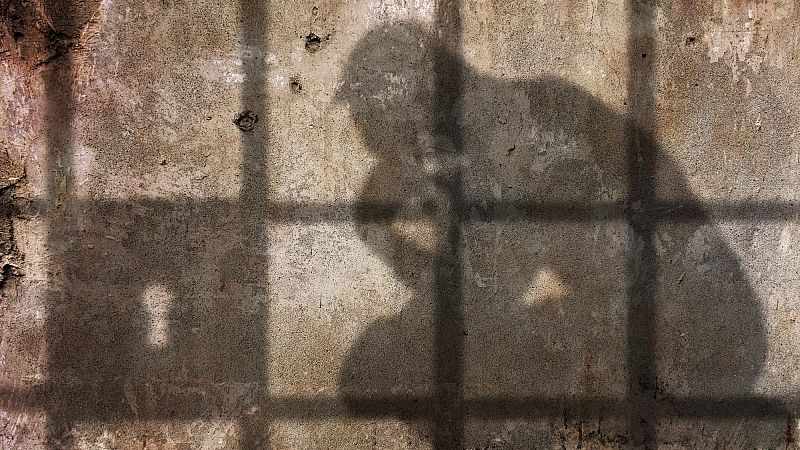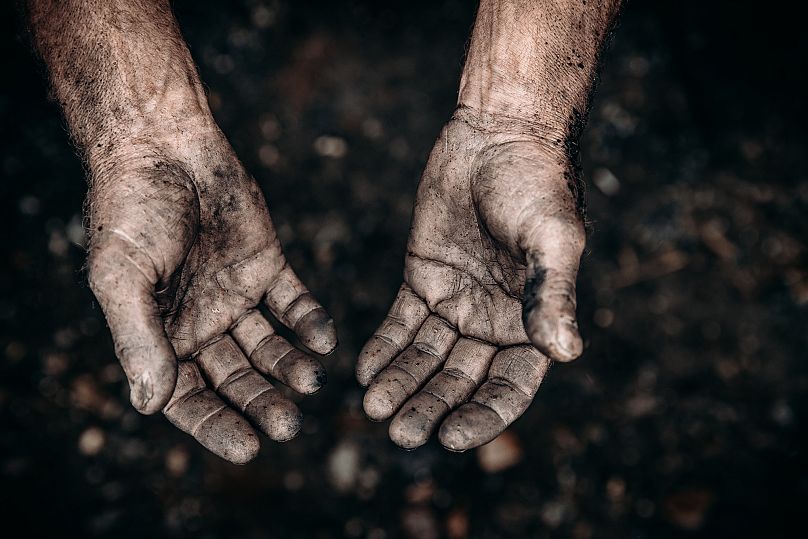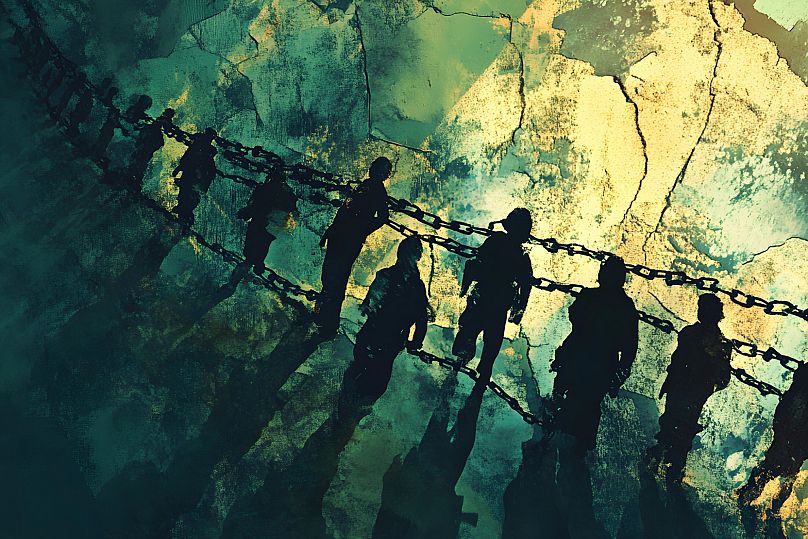Prisoners in Cuba forced into labour for exports to Europe, report claims

In Cuban prisons, tens of thousands of inmates are alledgedly subjected to forced labor for the production of consumer goods intended not only for the domestic economy, but also for export, particularly to Europe.
This is what the NGO Prisoners Defenders reveals in a detailed and damning report published this Monday, September 15, based on official Cuban documents verified by the Institute for Crime and Justice Policy Research at Birkbeck University in London, field investigations, and testimonies from inmates and ex-inmates.
Of the 90,000 inmates and 37,458 serving open prison sentences identified on the island, the report estimates that 60,000 prisoners are subjected to forced labor in Cuba, in conditions bordering on slavery. Among them are many common law prisoners, as well as political prisoners. The Prison System: Forced Labor Factories The report provides a detailed overview of a large-scale forced labor system, organized within a network of 242 penitentiary facilities, including traditional prisons, but also so-called "correctional centers," "camps," and "farms."
The tasks imposed on prisoners vary, ranging from agricultural, industrial, and construction work, to garbage collection and cleaning of streets, hospitals, or police centres.
The testimonies in the report describe grueling working conditions and a daily life filled with deprivation, harassment, and violence, all under close surveillance.
"They force us to work from morning to night, under a scorching sun, without enough water or food. If you refuse, there's immediate violence. Several of my colleagues collapsed from exhaustion, others were locked in solitary confinement for days, just for speaking out," recalls Jorge, a former political prisoner.
"Working barefoot in the sugarcane fields, in the rain and heat, is like being a slave," says Maria, a former prisoner under common law. "No compensation, no respect. It's a life of suffering where every day you wonder if you'll make it.»
In addition to the lack of adequate tools and minimal safety conditions, resulting in numerous injuries, a large majority of witnesses report serious deterioration in their health as a result of forced labor and the lack of medical care.
Among the most arduous activities imposed on prisoners: the production of sugarcane, and especially of charcoal from marabu wood, the primary agricultural product produced by prisoners.
Here again, the testimonies provided in the report are chilling:
"To produce charcoal, we sleep in the fields, without a bed or a roof. We have to build makeshift huts and are only allowed to sleep on bales of straw... We can only drink dirty water from a trough or from the cows on the neighboring farm," confides one inmate.
Coal and cigars, an opaque prison business
A production largely intended for export. According to the Prisoners Defenders report, citing data from the Observatory of Economic Complexity (OCE) and the World Bank, in 2023, "charcoal produced by slave labor was Cuba's sixth most exported product," making it the ninth largest charcoal exporter in the world.
Main destinations: Spain, Portugal, Greece, Italy, and Turkey, although this charcoal is present in all European countries, states the report.
Another lucrative sector of the prison trade: tobacco, and more specifically, the production of the iconic Habanos cigars.
"Forced labor affects the Cuban tobacco and Havana cigar production sector, controlled by Tabacuba, in a mixed form of specialized civilians and prisoners subjected to forced labor," Prisoners Defenders states, based on numerous testimonies and an audit of seven Cuban prisons.
The report cites the example of the cigar factory at the Quivican high-security prison, where 40 inmates work, supervised by two specialised civilians.
The prisoners work up to 15 hours a day, except Sunday afternoons, without breaks or snacks. They are paid just over €6 per month, compared to around €100 for civilians.
According to information gathered by the NGO, the cigar factories located in many Cuban prisons account for a large proportion of Cuban cigar production for export.
The European Union is it’s largest market. Prison production of Cuban cigars, like marabu charcoal, represents a very lucrative business for the Cuban government, whose gross margins are nearly 100 percent on exports to Europe, the report emphasizes.
End the international silence
It is also a lucrative business for foreign distributors and importers, particularly European ones, who benefit directly or indirectly from the labor of Cuban prison workers.
The opacity of supply chains and distribution channels, sometimes passing through local subsidiaries or commercial partners, makes product traceability difficult, and consequently, also makes it hard to establish the accountability of foreign companies.
Prisoners Defenders therefore is urging the international community to act to put an end to forced labor, which is prohibited by the UN Human Rights Council, the International Labor Organization, and the European Convention on Human Rights.
Among the concrete measures recommended by the NGO are the establishment of a targeted embargo on products made with forced labour, particularly those exported to Europe, and the suspension of any trade or cooperation agreements with Cuba for as long as forced labour persists.
Failing this, however, the lines have shifted within the European institutions. Last November, the Council adopted a regulation prohibiting the placing on the market, import, and export in the EU of products manufactured by using forced labor, regardless of the country of origin.
This regulation, which entered into force in December 2024, is far from being concretised. Member States have until December 2027 to start implementing it.
Today



